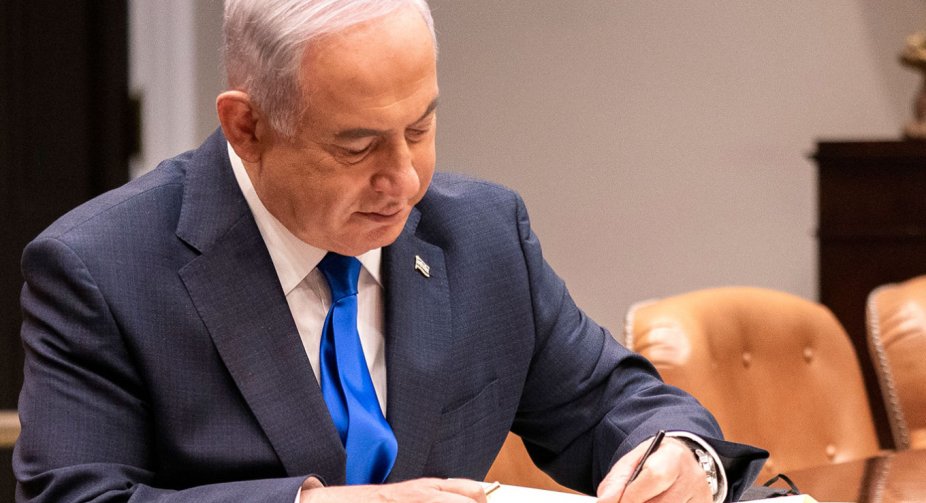Prime Minister of Israel Benjamin Netanyahu decided to postpone consideration of judicial reform until the next session of the parliament. This happened against the background of mass protests and strikes.
"Out of a sense of national responsibility, out of a desire to prevent a split between our citizens, I decided to suspend the second and third reading of the bill," Netanyahu said.
After this statement, the largest trade union "Histadrut" announced the cancellation of the nationwide strike.
Protests against the court reform proposed by the government of Benjamin Netanyahu in Israel lasted for almost three months. Judicial reform envisages that the parliamentary majority will actually determine the choice of judges of the Supreme Court, and the court itself will lose the ability to overturn government decisions. Opponents of the reform believe that its adoption will mean the loss of judicial independence.
On March 26, more than 600,000 demonstrators took to the streets for the country's population of about 9 million people. At the call of the largest trade union, which unites about 700,000 people, a strike was announced in the country, due to which the country's largest airport, Ben-Gurion, stopped working.
On Monday, Israeli President Yitzhak Herzog made a request to stop the reform. According to him, this is necessary "for the sake of the unity of the country." On Sunday, Defense Minister Yoav Galant put forward a similar proposal, after which he was dismissed - which caused a new storm of indignation among the participants of the protest actions.
